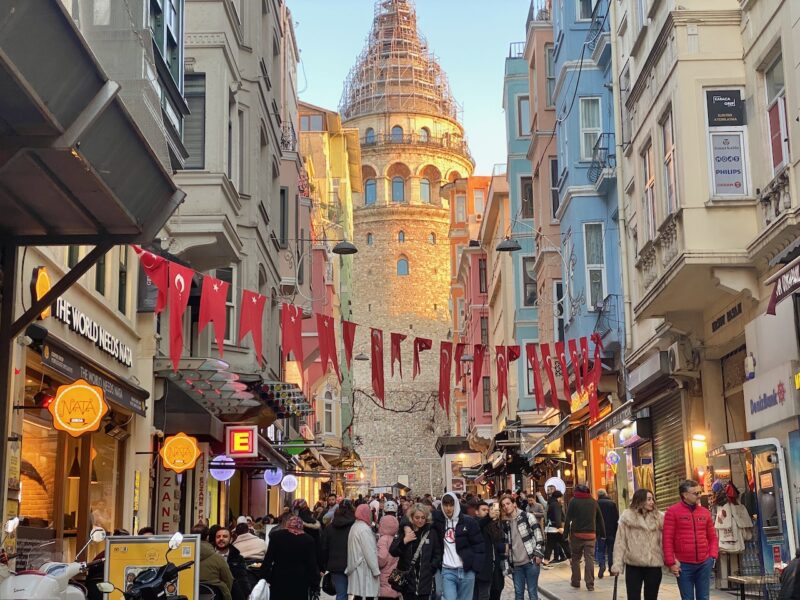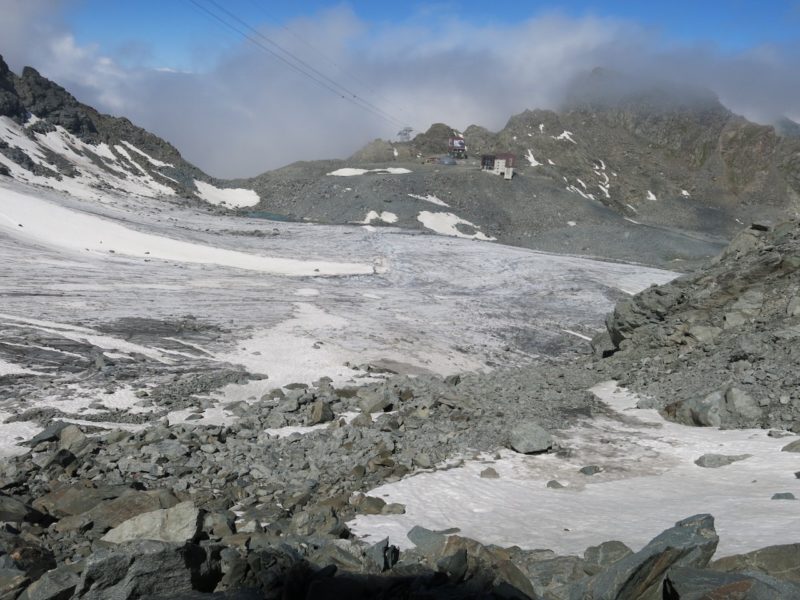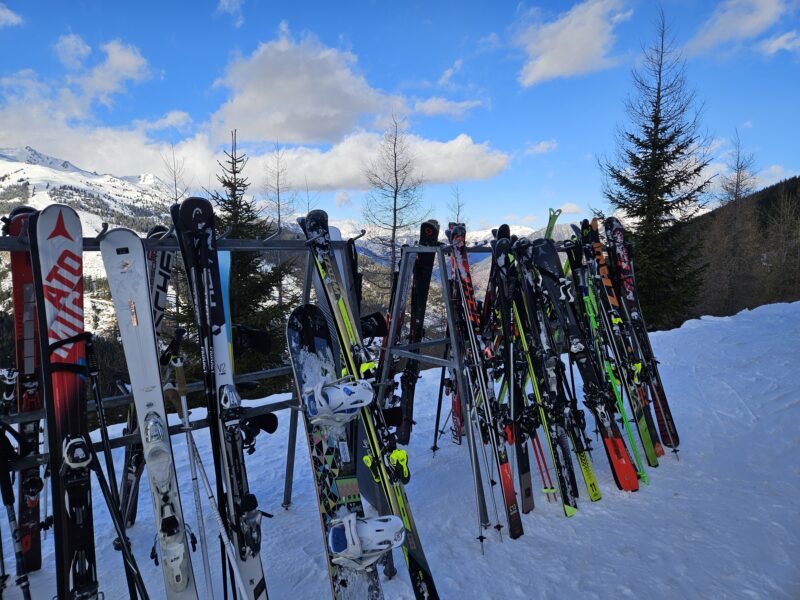Hospitals in Switzerland Could be Overrun in Weeks
25th August 2021
Last modified on August 27th, 2021
The stark warning comes from the federal government as cases continue to surge. The health authorities describe the situations as ‘very worrying’ and new containment measures are being considered. In a surprising move the UK has put Switzerland on its Green list. UPDATED
It currently has 202 reported cases of coronavirus per 100,000 people over a 7-day period – one of the fastest growing levels in Europe and higher than some of the other alpine nations.
Under three weeks ago Switzerland had just 66 reported cases per 100,000 people.
In its alpine neighbours of Austria and Italy the figure is 87 and 72 respectively.
In France it is 221, but cases are declining steadily.
The UK remains one of the countries with the highest number of new cases in Europe at 339 per 100,000 of population.
“If hospital admissions continue to rise as strongly as they have recently, hospital overload cannot be ruled out in just a few weeks,” the Swiss government said in a statement.
“The government has therefore decided on a precautionary basis to consult the cantons and social partners on strengthened measures against the spread of the coronavirus.”
Hospital admissions have gone up by 45% in the past week, though on Monday 30th August it surprisingly moves from the UK’s amber list, to the green list.
Travellers from green list countries do not have to quarantine whether or not they have had two doses of a coronavirus vaccine.
Most countries are on the UK’s amber list where fully vaccinated adults do not have to quarantine on entering the UK, but do have to have tests before departure and when arriving back.
We reported last week on PlanetSKI on the rise in Switzerland and likely reasons for the surge.

Switzerland in the summer. Image © PlanetSKI
The growth is largely due to the highly infectious Delta variant affecting unvaccinated people, mainly in the 10-29-year-old age group.
Cases are rising among young people, elderly people and under 10s.
The government is proposing ordering people to show a Covid-19 certificate, proof of recovery from the virus or a negative test result in most public indoor spaces.
“The Federal Council is proposing to extend the certificate requirement currently applicable to clubs and discos to all indoor areas of restaurants, bars and clubs. Certificates can be checked at the entrance or on first contact with guests when seated,” the government said in a statement.
“Access to indoor events (concerts, theatre, cinema, sporting events, private events such as weddings) is also to be restricted to COVID certificate holders.
“Access to venues such as museums, zoos, fitness centres, climbing halls, swimming pools, water parks, spas, billiard halls and casinos is to be limited to COVID certificate holders. Sites that are exclusively outdoors are exempt.”
Political events, religious ceremonies, weddings and funerals with up to 30 people would be exempt from the new rules.
The proposals are to be put to consultation with the cantons and health experts.
The government is also urging people to obey hygiene safety rules that include keeping a distance and wearing a mask.
56% of the population have had at least one dose of a vaccine and 50% have had two.
The EU average for people doubled vaccinated is 55%.

Basel, Switzerland. Image © PlanetSKI.
More than 10,300 people have died with Covid-19 in Switzerland, which has a population of 8.6 million.
Last winter Swiss ski resorts mainly stayed open.
At the end of the season PlanetSKI reporter, Mark Urban, travelled to Switzerland to report on the situation and look back on the Swiss decision.

Mark Urban, PlanetSKI, Switzerland
However, some health experts are saying that people need to get used to Covid circulating and that we should expect to be infected repeatedly over our lifetimes.
Each reinfection should be milder than the previous one.
For many people infections will be mild because the vaccines remain highly effective at preventing serious illness.
See this analysis about the situation in the UK from the BBC’s Health Correspondent, Nick Triggle:
Prof Tim Spector, who runs the Zoe Covid study, says the UK now has the highest Covid rates in Europe, despite the success of its vaccine rollout according to the BBC.
“The main difference between the UK and Europe is our lack of restrictions. In many parts of Europe, people are still wearing face coverings and observing some social distancing,” said the professor of genetic epidemiology at King’s College London.
“In the UK, where we eagerly declared ‘freedom’ from Covid and did away with even the most basic social measures, Covid has found an opportunity to spread.”
He adds that with schools returning “there’s a good chance cases will continue to rise from here”.










